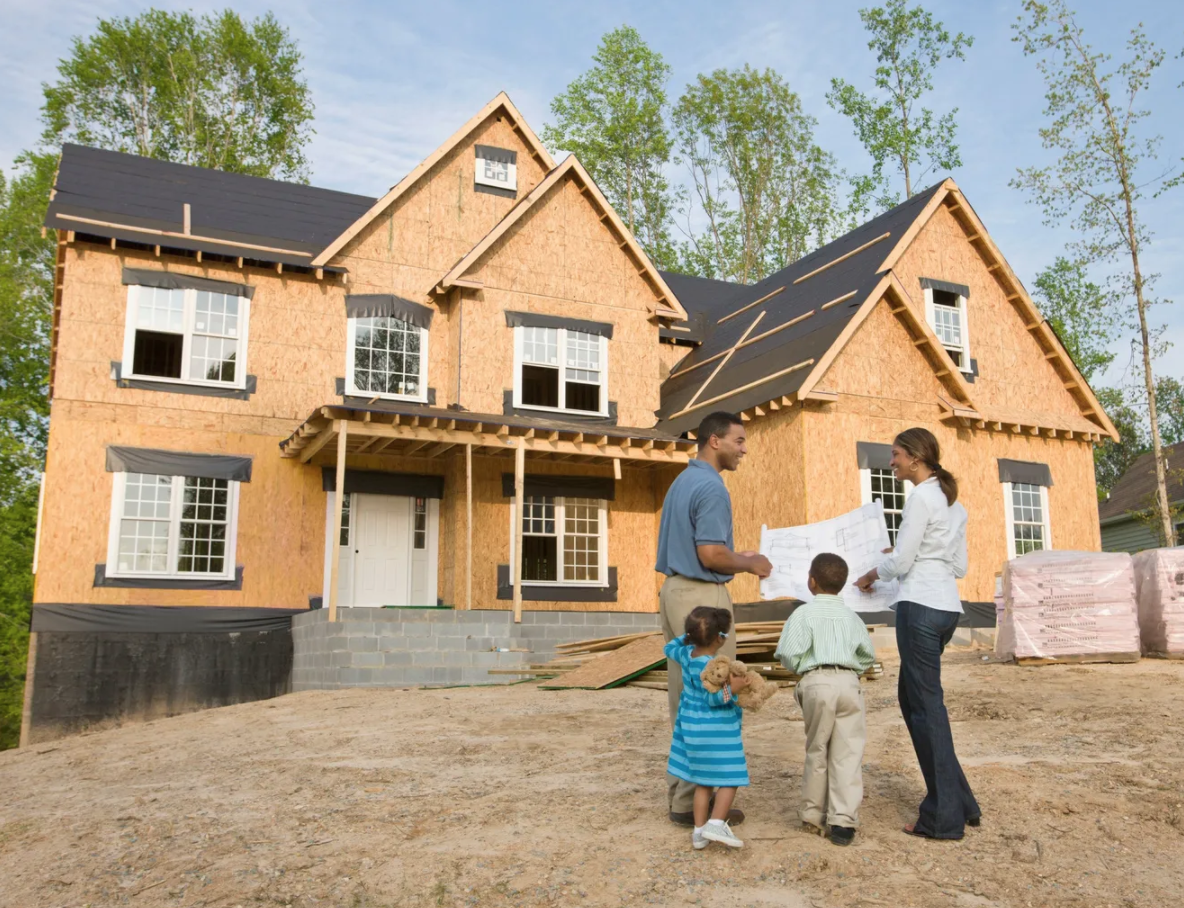
By: Thomas Elias
It was inevitable from the moment Gov. Gavin Newsom in mid-September signed this year’s two most important housing bills into law: There will be a rebellion.
Not only did poll numbers make this obvious — about two-thirds of Californians opposed the extreme densifying measures SB 9 and SB 10 before Newsom signed them — but so did the fact that backers deliberately obscured key parts of these bills.
Now their opponents aim to nullify these two measures that would take almost all zoning decisions away from city councils and county boards and essentially place them in the hands of Wall Street investors and developers with big bankrolls.
They plan to do this via a ballot initiative now in the final stages of getting its ballot summary and official name, a job done by the office of state Attorney General Rob Bonta. Bonta, a Newsom appointee and a supporter of SB 9 and 10 while a legislator, has said nothing about the proposed initiative, whose advocates so far call it “Stop the Sacramento Land Grab.”
Should Bonta give the initiative a misleading name or summary, he would be subject to lawsuits, which have previously forced changes in titles and summaries. So there’s pressure on the attorney general to get it right. Once these formal tasks are done, backers led by a group called Californians for Community Planning will have 180 days to gather the 1.3 million-odd valid voter signatures needed to place it on the ballot.
The initiative represents a change in tactics for opponents of legislative proposals that have passed and been signed into law despite public outrage. Usually, those wanting to get rid of a new law they see as destructive use referenda that simply cancel the new law when they succeed.
But this measure aims to do much more. It seeks to prevent legislators from ever again passing anything like SB 9 and SB 10.
SB 9 would allow almost all single-family properties to be cut in half, with both new parcels eligible for two new housing units, plus an “additional housing unit,” or “granny flat.” So where there is now one home, there could soon be six. There is no limit on how many such conversions could occur in any neighborhood.
This was sold in the Legislature as a way for homeowners to get rich quickly since the potential total revenue from their properties could be much higher now than from selling a single house. But then there’s the obscured part of SB 9: To do a subdivision, a property owner must first pay off any loans on the parcel. Anyone unable to pay off his or her mortgage can’t do this. But they can sell to massive real estate buyers like Zillow and Wall Street banks, which have lately gobbled up thousands of California properties while anticipating something like SB 9.
All over California, this could disfigure neighborhoods by making them unrecognizably dense, especially since there’s no requirement for new parking in any of these new structures. It’s much the same with SB 10, which cancels all pre-existing local land-use initiatives and laws and demands that all properties within half a mile of a rapid transit stop or major bus route be opened for buildings with up to 10 units.
Despite the claims of proponents that such measures could not be applied in wildfire areas, they are not excluded. Meanwhile, neither SB 9 nor SB 10 mandates any affordable housing.
So there is fear of gentrification in some places and a dread of overbuilding in many other neighborhoods.
Say the sponsors of Stop the Sacramento Land Grab, “Sacramento politicians (many elected with donations from developers) and special interests are incentivizing over-development of market-rate housing, without…emphasis on creating more affordable housing or mixed-income communities.”
So it’s no wonder there’s a rebellion. Few Californians ever expected this state eventually to copy New York’s density, which the current new laws aim to do.
That’s why this proposed initiative looks like it can’t miss. For the vast majority of Californians aspire to single-family housing even if they can’t afford it now. Which means the current laws would destroy much of the California Dream. That’s why they ought to be nullified, as the new initiative would do.
